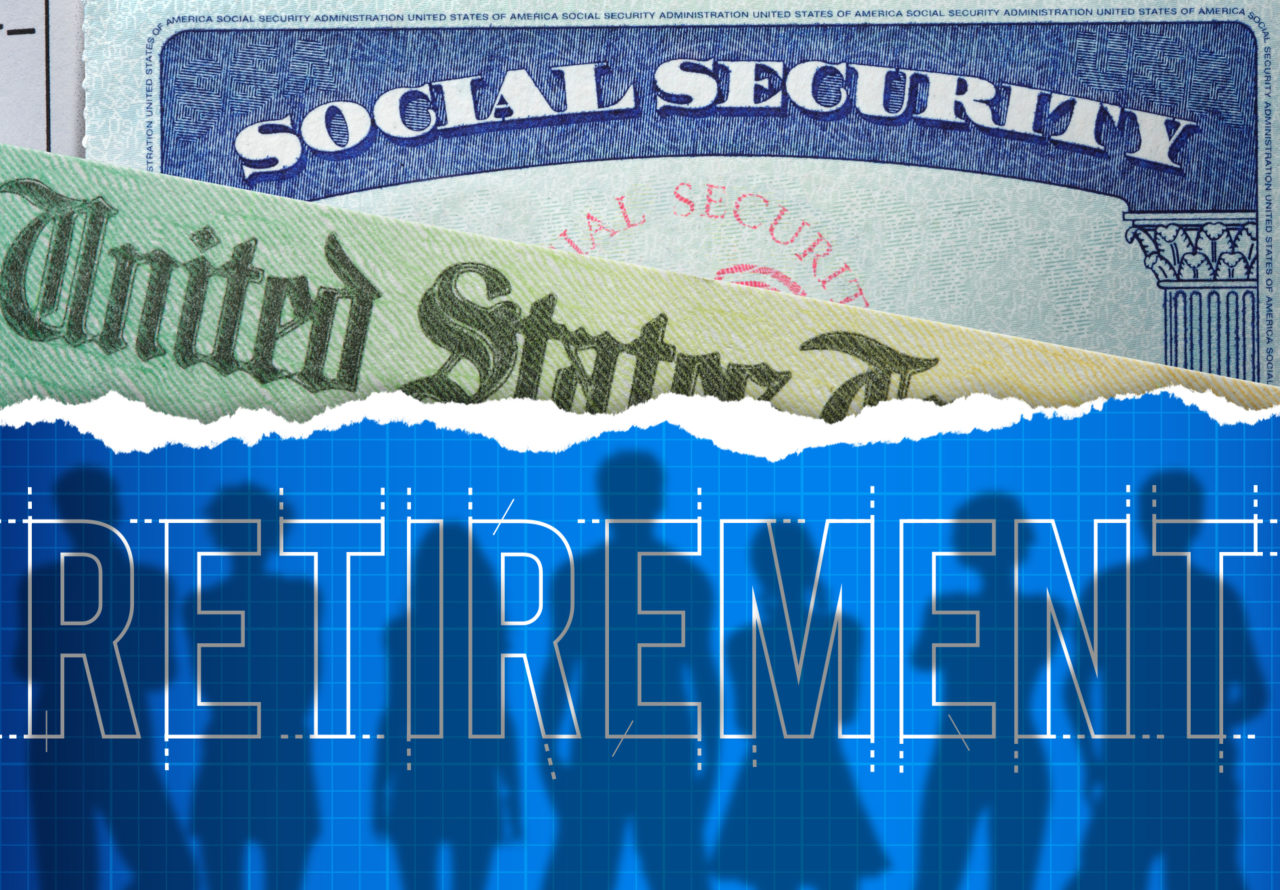In a stark wake-up call for America’s youth, Social Security Administration Commissioner Frank Bisignano declared on September 18, 2025, that upcoming retirees like Gen Z will face “a different set of rules” to avert the program’s looming insolvency by 2032. With trust funds projected to run dry in just seven years, forcing automatic 23% benefit cuts, the question looms large: Is Social Security worth banking on for Gen Z’s retirement dreams?
This bombshell from the Trump administration’s SSA chief has ignited debates across financial circles, underscoring a generational rift in retirement expectations. For Gen Z—born 1997-2012, now entering the workforce amid economic headwinds—the program they’ve funded through payroll taxes may deliver far less than promised.
The Commissioner’s Warning: What ‘Different Rules’ Mean
Frank Bisignano, sworn in earlier this year, didn’t mince words during a Fox Business interview. “Everything’s being considered,” he said, eyeing reforms like hiking the full retirement age from 67, lifting the $175,000 payroll tax cap, or boosting the 12.4% tax rate. He reassured that Social Security “is going to be around,” but younger cohorts can’t expect the same deal as boomers.
The crisis stems from demographics: Baby boomers’ mass retirements strain a shrinking worker pool, exacerbated by longer lifespans and low birth rates. By 2035, the trust funds could extend slightly due to strong wages, but experts warn of deeper shortfalls without action. Bisignano’s team is also cracking down on fraud with new ID verification rules and office closures, aiming to save $100 million annually—but critics say these hit vulnerable groups hardest.
Social Security’s Dire Outlook: Key Facts for Gen Z
Social Security isn’t a personal savings account; it’s pay-as-you-go, with today’s workers funding today’s retirees. Gen Z pays 6.2% of earnings (matched by employers), but projections show only 77-81% of scheduled benefits post-2034 without fixes. For a Gen Zer earning the average $60,000 salary, that could mean $500-1,000 less monthly in retirement—adjusted for inflation.
Reform options on the table include:
| Potential Change | Impact on Gen Z | Pros | Cons |
|---|---|---|---|
| Raise Retirement Age to 69-70 | Delays benefits until late 60s | Extends solvency by 5-10 years | Punishes manual laborers; ignores health disparities |
| Increase Payroll Tax to 15% | Higher lifetime contributions | Funds full benefits longer | Reduces take-home pay now, hits gig workers hard |
| Lift Earnings Cap | Taxes high earners more | Progressive; adds $1T+ revenue | Minimal direct benefit for average Gen Z |
| Means-Test Benefits | Cuts for wealthy retirees | Targets aid to needy | Discourages saving; politically toxic |
Data from the SSA’s 2025 Trustees Report paints a grim picture: Without intervention, Gen Z’s average benefit could shrink by $2,500 yearly, compounded by student debt garnishments.
Gen Z’s Pessimism: Surveys and Real Reactions
Young Americans are tuning out. A 2025 Nationwide survey found 45% of Gen Z believe they’ll get “not a dime” from Social Security, with 76% planning to work into retirement due to shortfall fears. On Reddit, users vent: “Gen Z is held hostage funding boomers while we get scraps,” echoing a USA Today op-ed calling for program cuts.
Experts like Kathleen Romig of SSA counter this doomerism: “Social Security is a $930,000 life insurance equivalent for families—it’s a game-changer, even reduced.” Financial planner Melissa Joy adds, “View it as a foundation, not the roof—pair it with savings for stability.” Yet, 43% of Gen Z wrongly guess full retirement at 54, showing knowledge gaps that amplify anxiety.
Why Gen Z Should Still Plan—But Diversify Now
Absolutely, Gen Z should factor Social Security into plans, but conservatively. Experts unanimously advise treating it as 15-20% of retirement income, not the 38% boomers expect. Ignoring it entirely underestimates resources; over-relying risks shortfalls.
Quick-Start Strategies
- Max Employer Matches: Contribute enough to 401(k)s for full matches—free money doubling your input. Gen Z saves at higher rates than millennials, per Vanguard, thanks to auto-enrollment.
- Roth IRAs for Flexibility: Post-tax contributions grow tax-free; ideal for gig economy workers facing tax hikes. Aim for 15% of income saved early—compound interest could turn $200/month into $500K by 65 at 7% returns.
- Side Hustles and Annuities: 43% of Gen Z freelances; channel earnings to IRAs. Annuities provide guaranteed income, reassuring skeptics.
- Stay Informed: Use SSA’s mySocialSecurity portal for earnings projections; consult finfluencers or advisors—66% of Gen Z already do via social media.
Charles Schwab’s 2025 survey shows Gen Z prioritizing investments over SS reliance, a smart pivot amid uncertainty.
Broader Implications: A Wake-Up for U.S. Policy and Economy
For Gen Z, this isn’t just personal finance—it’s a political powder keg. With 76% expecting to work forever, delayed retirements could stall wage growth and homeownership, fueling inequality. Democrats push taxing the rich; Republicans eye age hikes—yet bipartisan inaction persists, per Forbes.
Globally, U.S. trends mirror aging nations like Japan, where pension reforms sparked youth unrest. Domestically, it ties to tech: AI could boost productivity, easing burdens if harnessed right.
Conclusion: Plan Smart, Advocate Fiercely
Commissioner Bisignano’s “different rules” signal tough choices ahead, but Social Security won’t vanish—expect tweaks for solvency. Gen Z should plan for it as a safety net, not a hammock: Save aggressively, diversify, and vote for reforms. With time on their side, compound growth and policy advocacy can secure a brighter future. Start today—your 65-year-old self (and the economy) will thank you.
